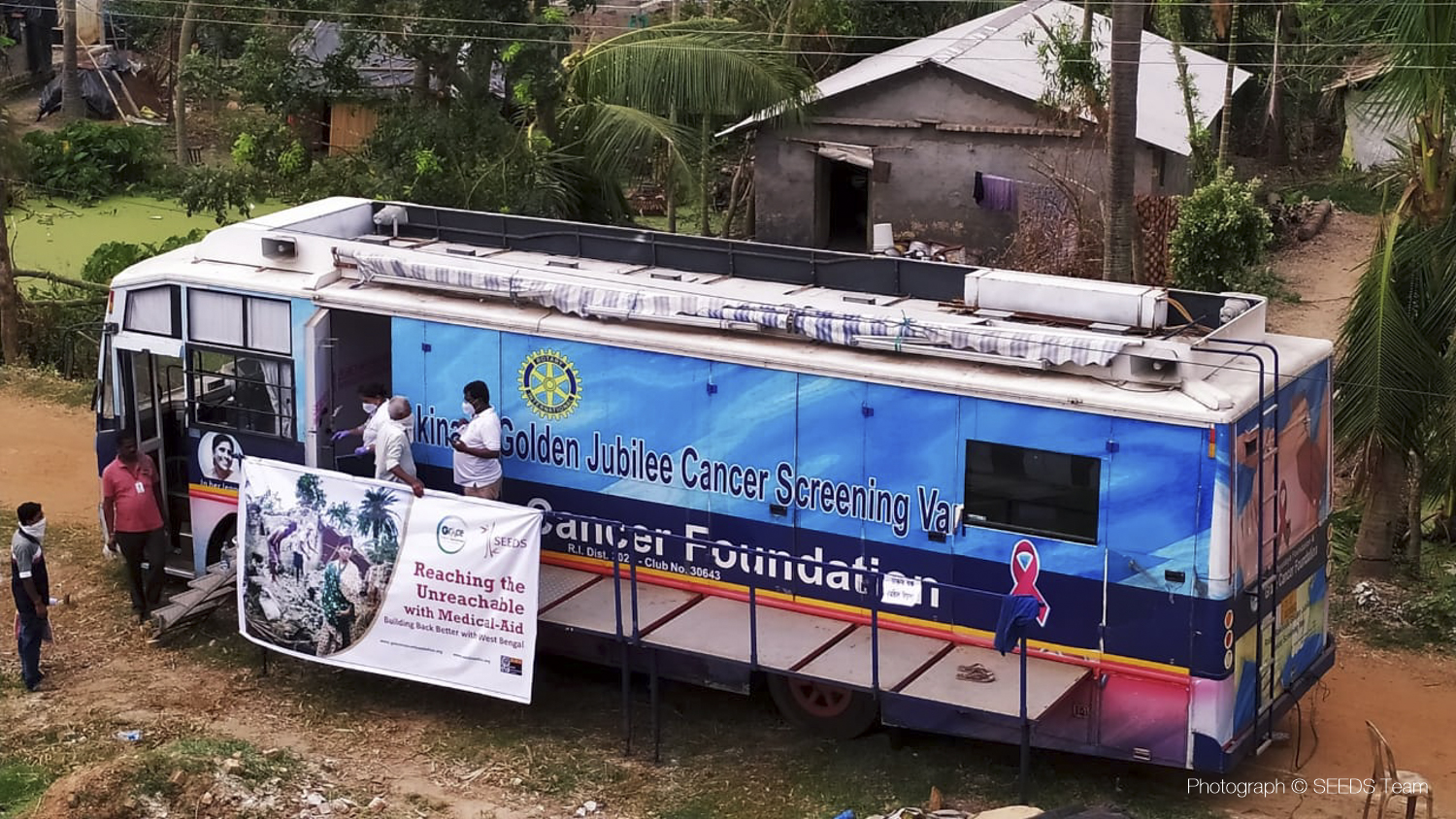
Tobacco use is the leading cause of death and disease in India, and kills more than 1.3 million adults every year, largely from TB and cancers. The myriad forms of chewed and smoked tobacco products that are consumed in India are extremely affordable because of weak taxation policies and lax regulations on tobacco trade. As a result, not only a tobacco product is cheap but there is also a massive illicit trade in tobacco.
REACT (Research Action for Tobacco Control), a network of independent researchers works towards highlighting all such topics on tobacco control that needs urgent attention of the general public and policy makers. This factsheet titled Excise and Tax Violation by Tobacco Companies and Smuggling of Tobacco Products is an attempt by us to inform people about the severe loss to the economy due to such violations that ultimately may be directly or indirectly responsible for various other problems in the country.
The Report was released by Dr. Sourav Datta, Oncologist, Narayana Superspeciality Hospital- Howrah , Ms Papiya Sen, Executive Director, MANT & Dr Nirmalya Mukherjee, Researcher, REACT. Mr. Pranay Lal, Senior Technical Advisor, The International Union Against Tuberculosis & Lung Disease, New Delhi and Mr Dilip Ghosh, IAS (Retd) joined the session virtually.
India’s tobacco industry maintains that illicit trade is undertaken by a handful of unscrupulous actors who trade in foreign brands, and that it has no role in smuggling and counterfeiting. REACT reviewed all publicly available government sources like The Comptroller and Auditor General of India (CAG); Directorate of Revenue Intelligence (DRI); Central Board of Indirect Taxes and Customs (CBIC); and Parliament reports and found tobacco companies including prominent cigarette and pan masala companies to evade tax or misreport revenues and cheat the government. Most domestic tobacco companies have been found to be engaged in some corrupt trade practices and complicit in illegal trade within India.
The REACT report has found links of the illicit tobacco trade network to be linked with criminal networks which are involved in smuggling drugs, counterfeit currency and arms. All these together not only threaten public health but also national security.
The study found at least 108 CAG reports between 2009-2018 which show that the tobacco industry uses a variety of means to avoid paying taxes and selling their products illicitly. The CAG reports alone found that tobacco companies have defrauded the Government of India for at least Rs. 390.38 crore during this period. The DRI reports also mention massive quantities of illicit cigarettes seized from Maharashtra, hundreds of tonnes of tax-evaded betel nuts from Andhra Pradesh and large quantities of pan masala, most of which were trafficked using trains and railway stations. Central Board of Indirect Taxes and Customs (CBIC) reports show a clear pathway of illicit trade of imported and domestically produced tobacco products, and in particular cigarettes. Most movement of illicit products occurs through India’s extensive railway systems. In June 2020, a special mission termed Operation Kark (cancer, in Hindi) unearthed a Rs 250 crore smokeless tobacco fraud in Indore, among others across the country. The Parliament of India keeps records of parliament debates and committee reports which show a range of tobacco industry malfeasance. A recent reply by the Minister of State of Finance in the Parliament said that there are a total 189 cases of evasion of excise and customs duty for a sum of more than Rs 100 crore. And of these, at least 25 cases (14%) were by tobacco companies. Earlier parliament replies revealed links between major gutka manufacturers and the Bombay underworld.
Dr Nirmalya Mukherjee, the researcher associated with REACT said, “All tobacco kills, whether legally sold or illegally traded. Poor taxation policies and a freehand to producers has given an open license to anyone to set up a tobacco manufacturing unit or a shop. There is virtually no regulation, which explains why India is failing in TB and cancer control.”
He further stated that Illicit tobacco trade also makes tobacco products cheap and attractive to vulnerable groups like children, adolescents and marginalised communities. The government loses crores of rupees due to untaxed and smuggled tobacco. It is also well known that tobacco use is a gateway for other more serious addictions in the state.
The REACT report makes three broad recommendations to the central government. It suggests that in order to safe guard public health and improve revenues, tobacco products be treated at par with other sin goods, like alcohol, guns and the like. Strengthening the supply chain will bring collateral benefits for governance, and improve overall tax administration, compliance, and enforcement, which will translate into reduced illicit trade and consequently a higher revenue. Second, the Government of India must develop a robust data and information system to monitor the tobacco sector, from cultivation to consumption, which will enable better fiscal management and regulation. Third, the Goods and Service Tax (GST) Council must adopt an inflation-linked dynamic tax rate that is corrected annually, and it should remove all distinctions like segments and slabs between products, phase out subsidies and concessions to tobacco trade, and peg all inputs that make tobacco products at ‘sin tax’ rate.
The REACT report also recommends that the state governments reduce illicit trade by introducing comprehensive vendor licensing with provisions for license being at par with alcohol and other restricted items.




